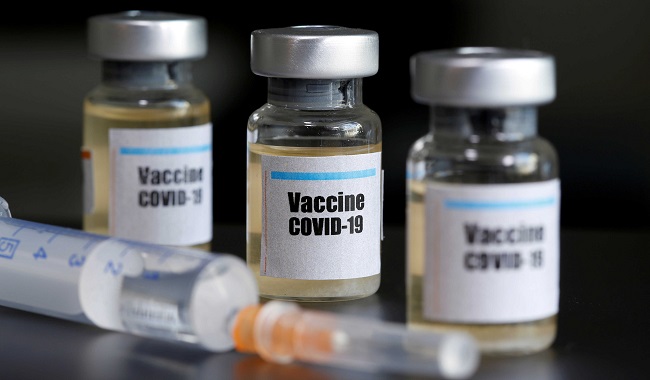The World Health Organisation (WHO) will miss its target to vaccinate 40 per cent of the population in every country by the end of the year, with the shortfalls especially serious in Africa.

Of the WHO’s 194 member countries, about half of them will not meet the goal.
In about 40 countries not even 10 per cent of the population had been vaccinated.
The WHO has pinned much of the blame on vaccine hoarding, particularly among a handful of wealthy Western countries, which are already administering booster jabs.
Worldwide, more than 8.6 billion vaccine doses had been administered by Tuesday, December 28, 2021, but mostly in high-income countries that had the resources to secure their own contracts with vaccine manufacturers.
Dozens of countries are dependent on supplies from COVAX, the UN-backed vaccine-sharing programme intended to get shots in the arms of people in lower-income countries.
Prosperous countries have been slammed for not doing enough to support global vaccine equity through COVAX.
Vaccine shipments via the scheme have picked up in recent weeks, however.
By the last week of December, COVAX had delivered 722 million doses.
The data paints a damning picture: the WHO says that while in Germany about 171 vaccine doses per 100 inhabitants had been administered, in Madagascar it was just under 2.7 and in the Democratic Republic of Congo 0.32.
In most African countries, the number is at most in the low two-digit range.
The pharmaceutical industry is convinced that it is not a lack of doses that is responsible for the imbalance.
According to estimates by the pharmaceutical association IFPMA, about 1.4 billion vaccine doses were manufactured in December alone.
Rather, it says, vaccination scepticism is high in many countries and many have a problem with vaccine distribution.
The WHO counters that the countries would be ready if they received the doses in an organised and timely fashion.
Many rich countries have collectively pledged more than a billion doses as donations.
However, according to the WHO, deliveries often take a long time to materialise.
Some of the jabs also have only a few weeks left until the expiry date, which makes distribution in poorer countries, especially complicated.
